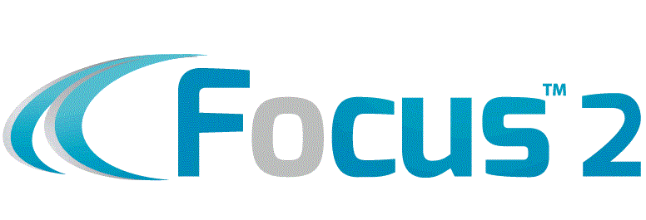Will Obama’s bill save the financial aid system
Obama bill makes financial aid application simpler for college applicants
by Nneka Enurah, July 29, 2009
(J.D.'s comments in red)
The Obama administration has requested billions of dollars in new scholarships and credit along with a less complicated financial aid application which looks to make a college education more accessible for students.
Experts say 16 million families struggle with the application process for federal aid and "an estimated 1.5 million enrolled students who are probably eligible for Pell grants failed to apply." (One reason the myth of ‘we make to much money to qualify for aid' is because a family fills out the FAFSA form incorrectly and they do not get aid. They then talk with a neighbor or friend, telling them they did not get aid so why bother. The second family then NEVER bothers to even try.)
The new bill aims to simplify the current Federal Application for Student Aid, eliminating questions that have no real bearing on a student's eligibility for federal aid. The current form consists of 153 questions, and millions of students and their families find it difficult to complete the application. (The new proposed form eliminates 8 questions only if you are a dependant student.)
The bill also hopes to invest money into historically black colleges and universities as well as hispanic-serving institutions. Additional changes include an increase in the minimum amount of the Pell Grant, which is $490 now and will be raised to $690. It will also put $6 billion into Perkins Loans.
Although some feel the proposed changes will benefit students, Patrick Murphy, the director of Financial Planning at Elon University, said he believes some of the changes presented could be harmful.
One of the first concerns that Murphy has involves the asset cap of $150,000 for students requesting need-based aid. This cap would prohibit students from receiving any need-based grants, loans or work assistance.
"It is not difficult for a family that has low income to acquire assets of up to $150,000," Murphy said. (As an example home equity, company stocks, an inheritance or a combination of these could easily top $150,000.)
The new cap, which would go into effect July 1, 2011, could exclude families that otherwise would qualify for need-based aid. (It is extremely important to shelter assets from the financial aid formula.)
The new bill also calls for drastic changes to the student loan program. Currently there are two ways in which students can get a loan. The school can act as the lender by direct lending, or a bank can lend the funds under the Federal Family Education Loan Program, FFELP.
Another issue that Murphy has with the proposed bill is that it plans to do away with FFELP. "Customer service would decrease if more schools were forced to handle all the loans themselves," Murphy said. "Some institutions might not be able to handle the new work load." (If schools are burdened with this the end result is tuition and fees will yet again increase placing this problem squarely on the shoulders of the consumers, students and parents.)
The bill will also eliminate subsidized Stafford loans to graduate and professional students after July 1, 2015. Murphy said currently, graduate students are eligible for $85,000 in subsidized loans and an additional $12,000 in unsubsidized loans.
Loans the government pays the interest on until a student is out of school are subsidized and are much more affordable in the long run. Eliminating unsubsidized loans as an option for graduate students could be a deterrent to students who would otherwise pursue graduate programs.
There are still a number of changes that must be addressed with the new bill.
"Elon University is going to do whatever it can do to make the transition unnoticeable to students and will continue to serve the students and their families to the best of its ability," Murphy said.
J.D.'s comments: When was the last time the government got it's grubby little paws on something and made it easier? The Higher Education Opportunity Act is a 432 page amendment of a 3,077 page document. How many more pages are they going to add? See it here- http://www.ed.gov/policy/highered/leg/hea08/index.html





